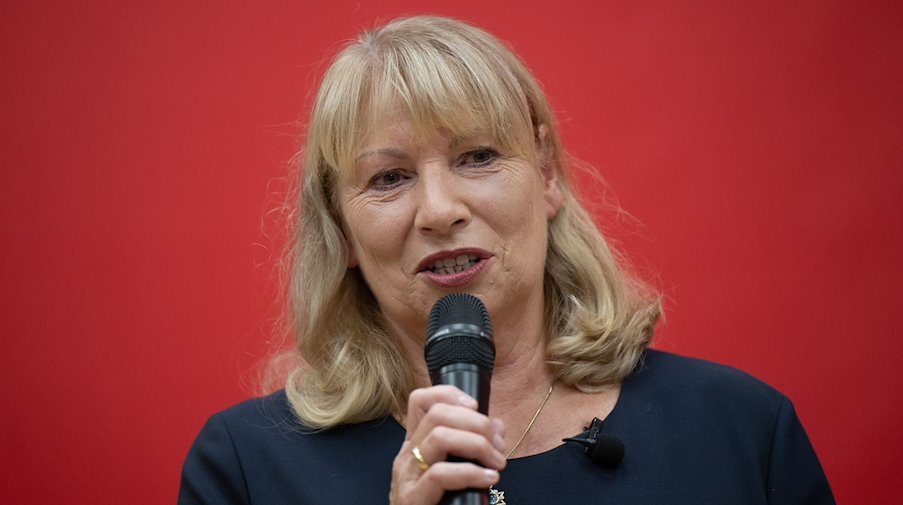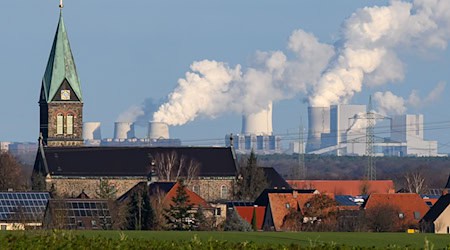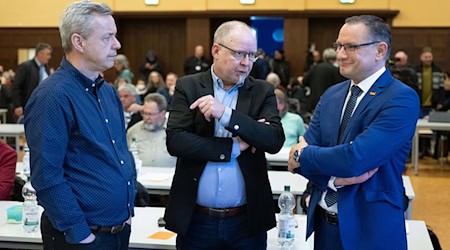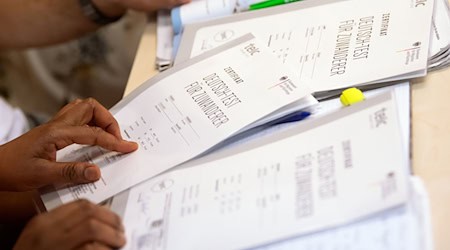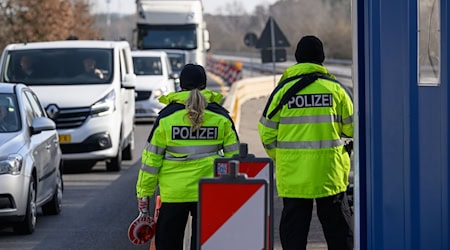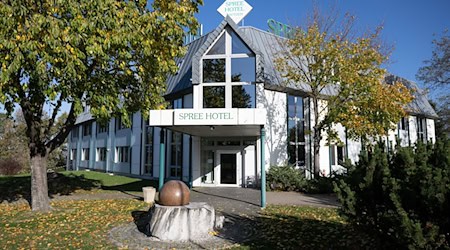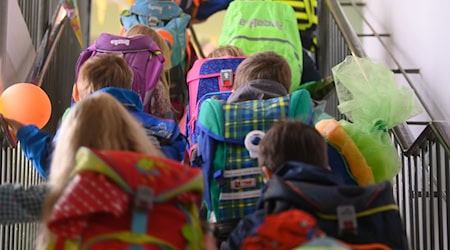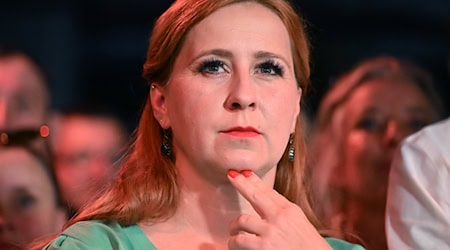Saxon Social Affairs Minister Petra Köpping (SPD) believes that public acceptance of refugees depends on rapid and successful integration. "For people with prospects of staying, this must begin in the initial reception center. The foundations must be laid there so that those affected can find work quickly," said the minister in an interview with the German Press Agency in Dresden. It's about making better use of the time. "If nothing happens and we wait until those affected have been distributed across the country, that is wasted time."
According to Köpping, success also depends on appropriate communication. "If it is always said everywhere that we can't do it, citizens will get the impression that it can't be done." Politicians must also repeatedly make it clear what the state does for all people, regardless of their origin. This was occasionally neglected at the height of the refugee crisis in 2015. "I was often asked back then: What are you actually doing for us? We do a lot for those affected, we can't let that fall by the wayside. We must maintain equality for all those in need."
The minister is convinced that many people in Saxony want to help refugees. "However, migration should not happen indiscriminately, according to the motto: whoever comes is here to stay. People want order in the system." This issue is a major concern for the population. There is uncertainty about the future. That is why it is important to make decisions, such as repatriation agreements with countries of origin from which refugees have no chance of obtaining asylum in Germany. Asylum procedures at the external border also need to be considered. Clear and swift decisions are needed. Minister Köpping emphasized: "We have to take care of the tasks for which we are responsible in the Free State."
"Politicians must always remain honest at this point. They have to say what can actually be implemented in a short space of time," said Köpping. Among other things, this involves the question of how refugees are distributed evenly within the EU. "These are the questions that people are asking themselves. Solutions that are possible must also be offered quickly. You should only take measures that can be implemented. Otherwise people will lose faith." This situation could intensify in the new year with its elections and election campaigns, warned the minister.
At the same time, she reminded us that there is still room for improvement in the distribution of refugees within Saxony. Of the 418 municipalities in the state, only 59 maintain shared accommodation for those affected. "This shows that the burden is not so high everywhere. There is a very uneven distribution." Some people are worried that the climate in the cities will change with a high proportion of refugees. "We need to distribute more fairly," concluded the minister. She is also responsible for the area of social cohesion in Saxony.
Copyright 2023, dpa (www.dpa.de). All rights reserved

